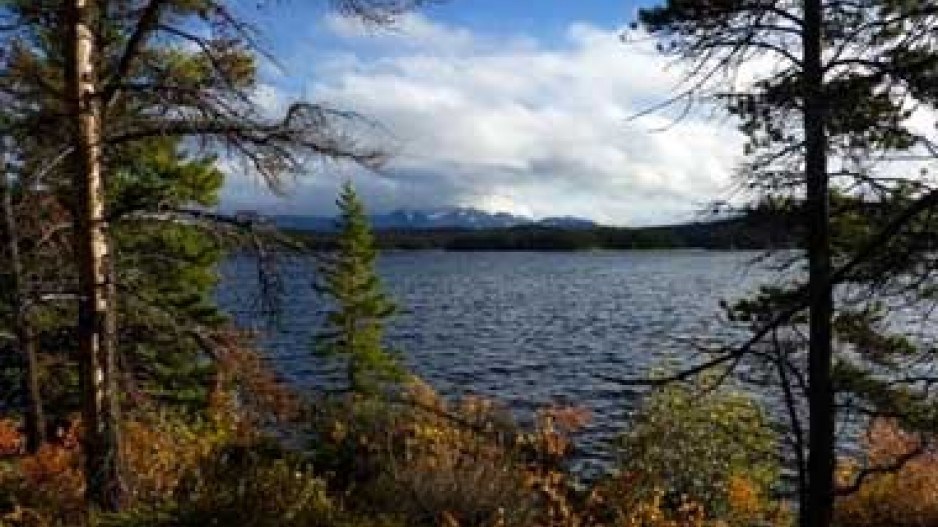A Supreme Court of Canada decision that confirms the Tsilhqot'in have aboriginal title to 1,750 square kilometres of land southwest of Williams Lake will likely have little impact on forestry companies operating in the area, says Tsilhqot'in Chief Joe Alphonse – although the Forest Act will need to be rewritten.
For the most part, he said, forestry companies in B.C. have already changed the way they do business and now enjoy a good working relationship with First Nations like the Tsilhqot'in.
The same can't be said for Taseko Mines Ltd. (TSX:TKO), he said.
All of the land that the Supreme Court ruled the Tsilhqot'in now have title to is former Crown land, including the northern portion of Ts'yl-os Provincial Park.
The court clearly states the land is still subject to provincial laws, although at least one swath of B.C. legislation – the Forest Act – will need to be rewritten to reflect the new reality.
“Now that title has been established … the timber on it no longer falls within the definition of Crown timber and the Forest Act no longer applies,” writes Chief Justice Beverly McLachlin. “It remains open to the legislature to amend the act to cover lands over which aboriginal title has been established.”
The provincial government may also need to examine other B.C. laws, such as the Park Act. Should the Tsilhqot'in decide to log the portion of Ts'yl-os Provincial Park that now belongs to them, it's not clear if the Park Act would have anything to say about it.
And there is already disagreement over what the Supreme Court decision means for Taseko's New Prosperity mine, which is not within the Tsilhqot'in's proven title area, but is within an area to which it has hunting and trapping rights.
The area that the Tsilhqot'in have proven title to does not include the Fish Lake area, where Taseko wants to build its New Prosperity mine.
Taseko spokesman Brian Battison said New Prosperity is “the only proposed mine in B.C. that people know for sure is not in an area of aboriginal title. It eliminates a significant uncertainty that surrounded the project.”
“That is the arrogance and stupidity of that company,” Alphonse said in response to Taseko's claim.
The mine may not be within the area to which the Tsilhqot'in have title, but it is still within an area to which the First Nation has aboriginal rights.
Taseko's New Prosperity mine was turned down twice by the Canadian Environmental Assessment Agency, although Taseko has appealed the decision to the federal court and hopes for a decision by the end of this year.
Asked whether Alphonse's reading of the Supreme Court's ruling is correct, or Taseko's is, David Rosenberg, the lawyer representing the Tsilhqot'in at the Supreme Court, said: “They're both kind of right.”





